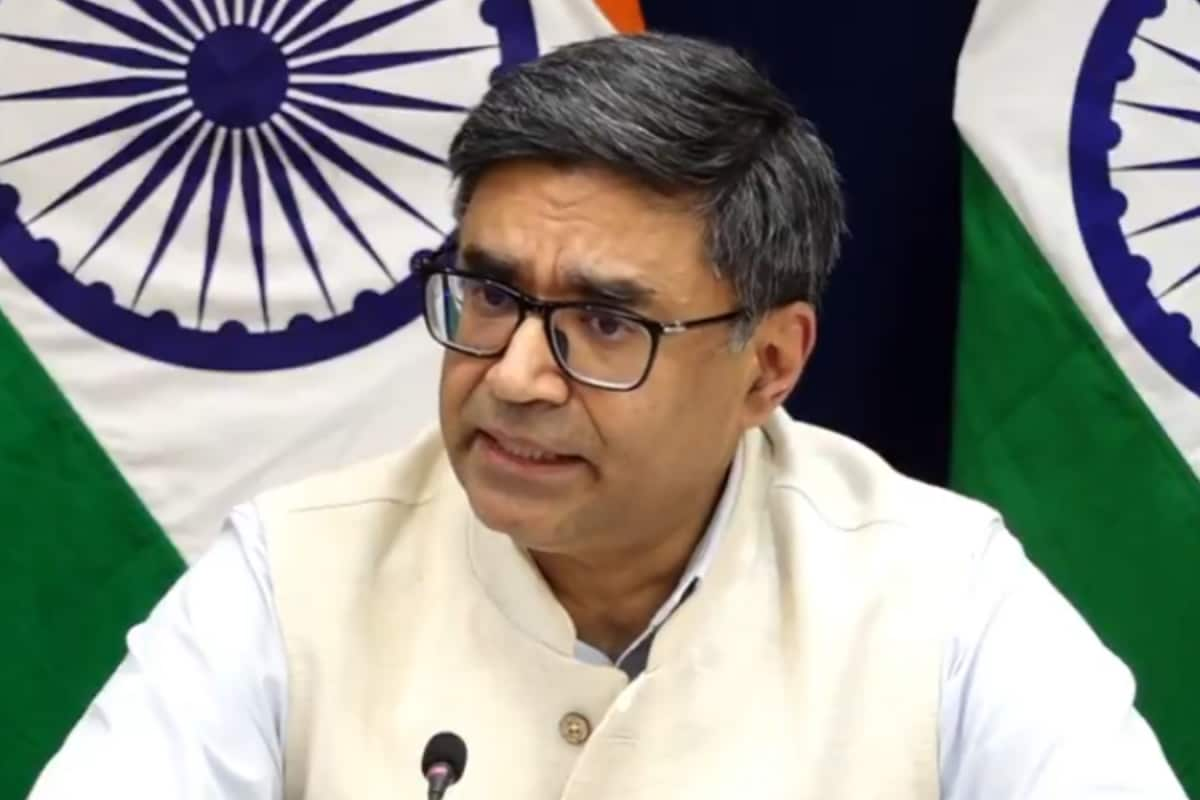

India's Foreign Secretary has recently addressed the ongoing tensions with Pakistan, particularly focusing on the issue of cross-border terrorism and the internal dynamics within Pakistan. This comes in the wake of heightened conflict, including India's "Operation Sindoor" targeting terrorist camps in Pakistan and Pakistan-occupied Kashmir, following the April 22 Pahalgam attack that resulted in the death of 26 people.
Recent statements from India's representatives have directly challenged Pakistan's narrative on several fronts. India's Foreign Secretary, whose name is Vikram Misri, recently rebuffed Pakistan's claims that India was attacking its own cities, calling it a "deranged fantasy". He also accused Pakistan of spreading disinformation, such as alleging that India targeted the Nankana Sahib Gurdwara. According to Misri, Pakistan is attempting to ignite communal discord and that India's unity is a challenge to Pakistan.
Furthermore, Vinay Kwatra, India's Ambassador to the US, has been vocal in condemning Pakistan's support for terrorists. In an interview, Kwatra stated that Pakistan has "decided to stand with the terrorists" and is "essentially lending them support". He also addressed Pakistan's denial of involvement in the Pahalgam attack, stating that "denial and obfuscation have always been the first part of Pakistan's strategy". Kwatra clarified that India is "at war with terrorists" and that the actions taken were to hold terrorists accountable for their actions. He also corrected a CNN anchor who referred to parts of Kashmir as "Indian-administered," asserting that "the entire Jammu and Kashmir is integral to the Indian part of India".
The Indian response to the Pahalgam attack included Operation Sindoor, which involved strikes on nine terrorist camps in Pakistan and Pakistan-occupied Kashmir. According to reports, this operation was a "precise, calibrated, measured response" targeting terrorist infrastructure. India has presented time-stamped images to disprove Pakistani propaganda regarding the operation.
These statements highlight India's firm stance against cross-border terrorism and its rejection of Pakistan's narratives. The emphasis on holding terrorists accountable and ensuring justice for victims underscores India's determination to combat terrorism emanating from Pakistan. The remarks also indirectly touch upon the internal dynamics within Pakistan, suggesting that the support for terrorism and the spread of disinformation are connected to the country's internal challenges. The international community, including Switzerland, has urged both India and Pakistan to exercise restraint and engage in dialogue to de-escalate tensions. The United States has also been called upon to encourage Pakistan to cease supporting terrorist activities.